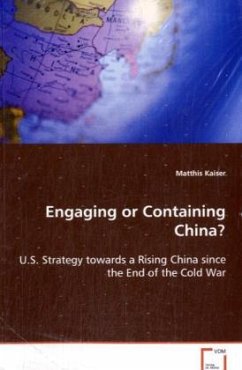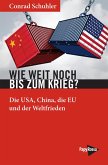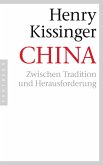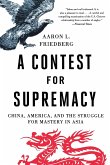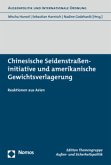The re-emergence of China as a truly great power has long been a dominating issue among scholars and practitioners in the foreign policy discourse in the United States. With the potential of becoming a peer competitor to the U.S., the question is whether China's rise will be a source for global stability or a springboard leading to renewed great power conflict. The corresponding question - regardless of the trajectory China's rise takes - is what an appropriate strategy should look like. In this book, Matthis Kaiser analyses the strategies that have driven U.S. policy towards China since the end of the Cold War. Uncovering the theoretical concepts that inform the contending approaches of engagement vs. containment, he shows how these ideas have influenced the thinking about, and policies toward China of the U.S. presidencies of George H. W. Bush, Bill Clinton, and George W. Bush. By focussing on both the abstract level of strategy and on practical foreign policy implementation, Kaiser demonstrates which strategies have proven successful and how U.S. China policy has actually played out. The book is aimed at researchers interested in international politics and U.S.-China relations.

